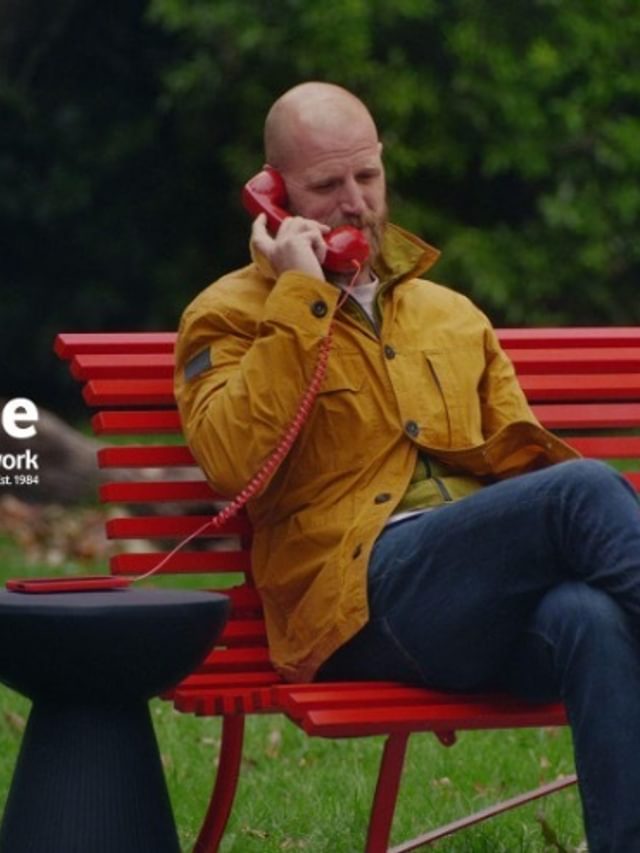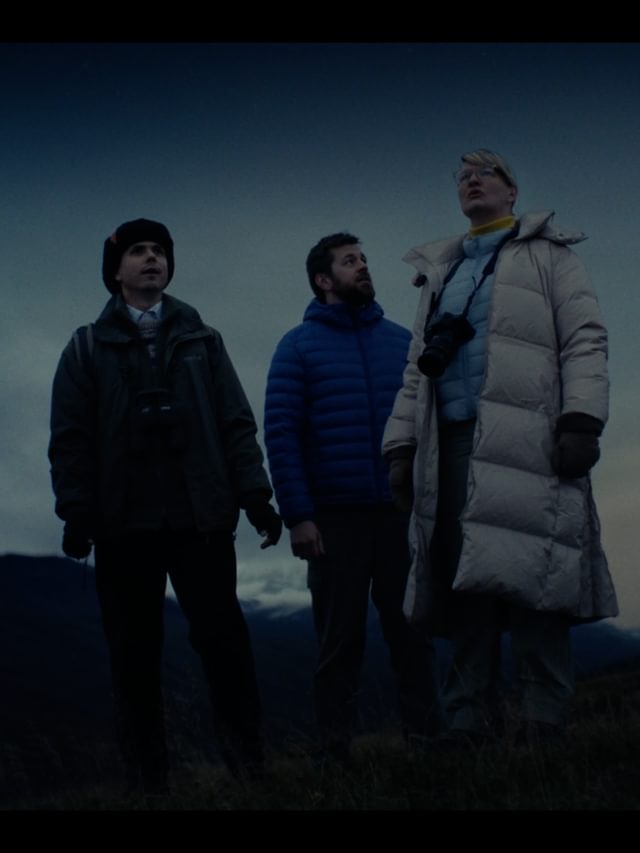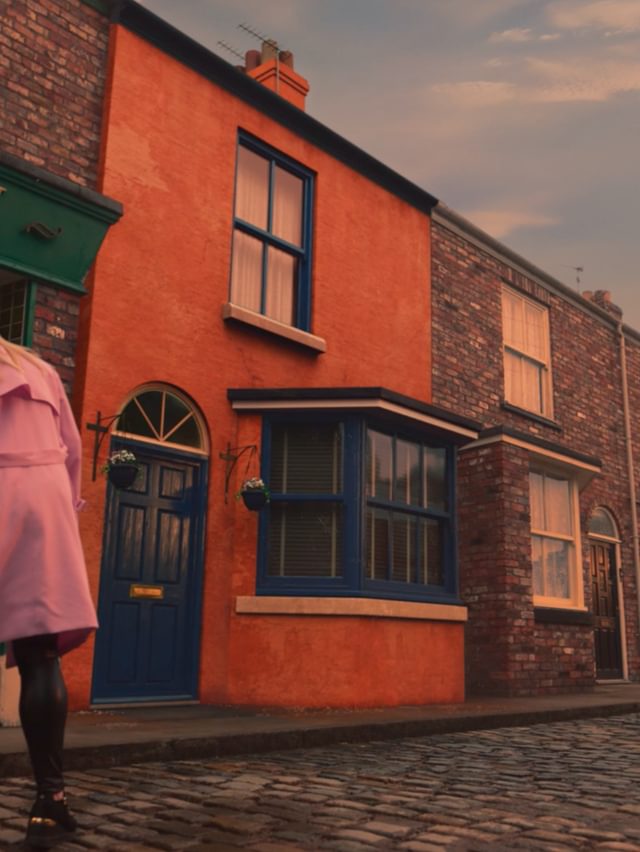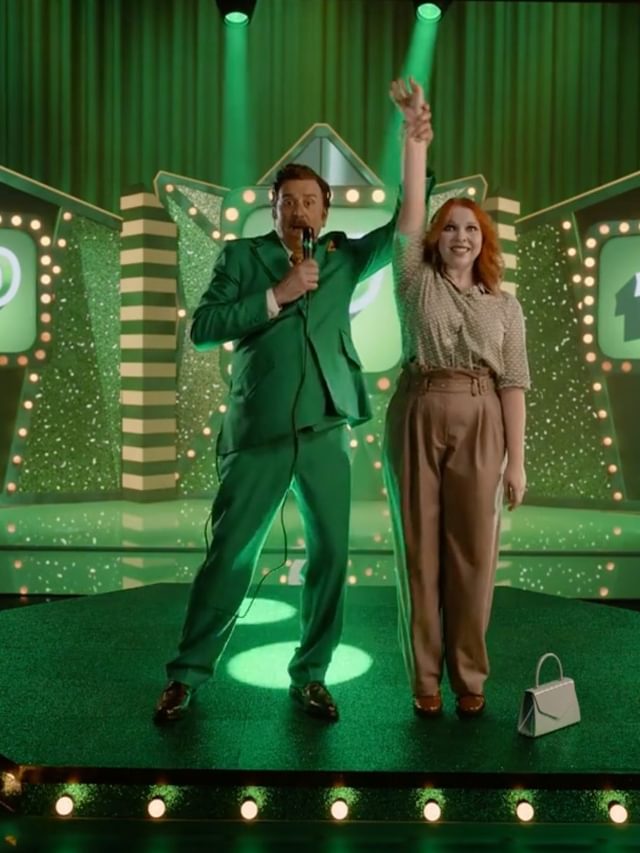In Conversation with Cannes Gold winner John Turner
June 24, 2021
We spoke to John Turner about his Gold for Teva 'Hairspray' at Cannes...
Q: Congrats on your latest win for Teva ‘Hairspray’ - you clearly put your heart and soul into your work. What does it mean to have it recognised by an awards show as esteemed as Cannes Lions? Especially as a director, having worked agency and brand side?
A: Thank you. It's only just started to sink in to be honest. It's a really lovely thing to be recognised for your work, especially at an award show as big as Cannes. But what makes it even more special is the film I've been recognised for. 'Hairspray' means a great deal to me for a multitude of reasons.
Q: This isn’t the first award for the film, which other awards has it won?
A: Yes it's also won, Best in Show’ at PM Society, a Clio, Silver at The One Show and of course a Gold and Silver Cannes Lions 2021.
Q: You have a real gift for obtaining authentic performances that really engage the viewer. How important is casting for you and how do you obtain such authentic performances?
A: I love the casting process. When I sit down and begin to write the treatment I start to imagine who each character is in my mind. I build whole narratives around who this person might be. Always looking to develop a detailed back story that lives outside the already established creative. Then the casting process is simply about finding the perfect actor who is capable of bringing these stories to life. Once I've found the right actor my confidence in the journey we're about to take grows exponentially. Then it all boils down to trust, communication and a desire to create something that feels real.
Q: You’ve done 3 films for TEVA now, do you have a favourite?
A: That's a very naughty question. That's like asking someone to choose who their favourite child is. So i'll back out the door with this one, and reply simply by saying I like them all in equal measure.
Q: Sound and music are also very powerful in this film, how important were those elements to you?
A: Extremely important, because this film is all about sentiment and emotion. Listening to a piece of music has the power to bring you to tears regardless of wether it's sitting next to imagery or not. The key for me was to find an intelligent piece of music that had all the right ingredients tonally but didn't force the viewer to feel a certain way. There's nothing worse than disrespecting the watchers intelligence by the use of gimmicks or tropes. I wanted to marry sound and vision together in a subtle and harmonious way. Nothing forced or heavy-handed. I felt the imagery needed to do the hard work and the use of music would be another layer only there as a subtle mechanism to add greater weight to the story.
Q: And where do you begin with a music brief for an emotive film like this?
A: I begin right at the start of the process, well when I've been told I've got the job. Then I almost instantly start to share music with Gary Forrester my long time editor. We put together a huge collection of tracks. Tracks we have a strong hunch will work with the narrative. Then once the rushes hit the timeline we will try a multitude of these tracks against the bourgeoning edit, until that magic moment happens when you know you've found the perfect combination.
Q: Your work has an accessible quality that draws us in. Clearly, you put huge thought into all elements (performance, art direction, music, sound, edit). Do you visualise all elements when approaching a brief or is there a key starting point from which everything else grows?
A: For me personally there's no clear starting point. Everything seems to happen simultaneously. As I write the treatment I don't go through each section one at a time, I jump around allowing each element of the creative to grow in my mind naturally. Every thought or feeling instructing or informing the other. I'm aware of the end destination but have no clear plan of how I'm going to get there. Slowly chipping away, refining and cultivating my thoughts and ideas all the way through the process until i'm eventually told to stop and hand over the edit. This whole sha-bang we call film making is a mutable process and should be treated as such.
Q: What were the main challenges you faced with the brief and how did you tackle them?
A:The main challenge was how to tell such an emotionally rich and highly complex story in such a short space of time. Plus stay respectful and honourable to the message the narrative was trying to tell. If you've taken on the responsibility of creating something that carries such an emotionally powerful message then your filmic approach should always look to reflect that. In regards to how did I tackle them, that's probably best answered by watching the film itself.
Q: How does winning a Cannes Gold compare with winning a Professional Cricket tournament? (are they called tournaments?!).
A: Nothing in the world can beat scoring a century in the wonderful game that is cricket. Nothing!!!
Check out the film again here:



